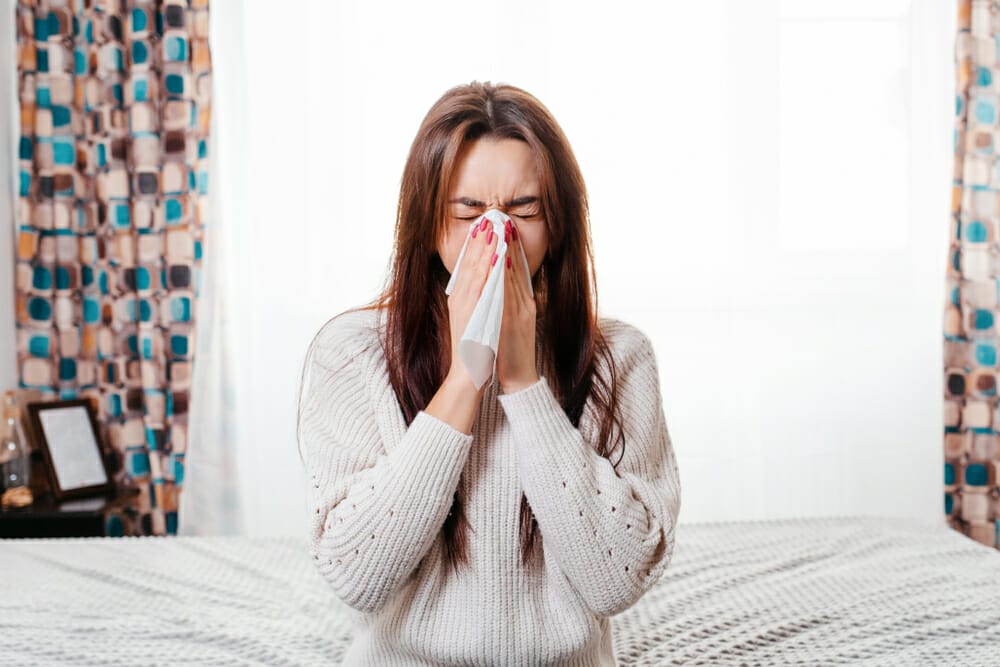Stress has been a popular topic in the media recently, with reports from BBC news and articles from various newspapers and journals including The Guardian and the Daily Mail. It’s no secret that stress is a common condition in the UK and across the globe. Statistics show that in the past year, 74% of people have felt so stressed that they have been overwhelmed or unable to cope[1], the main causes including work-related issues, health conditions, financial stability and self-esteem.
One demographic that has seen a significant rise in stress levels are working mothers. Studies have shown that working mothers are 18% more stressed than women who don’t have children and that figure rises to 40% in mothers with two children.[2]
Stress can affect your physical, mental and emotional wellbeing and can present itself in many ways, for example:
Physical; headaches, chest pain, muscle pain, fatigue, upset stomach, sleep problems
Emotional; anxiety, sadness/Depression, lack of motivation/focus, high anger levels/irritability
Behavioural; overeating or undereating, outbursts of anger, social withdrawal, exercising less often
So how can we help manage stress levels? There are many different strategies to explore that may prove useful, such as:
- Engaging in regular exercise
- Relaxation techniques such as meditation, deep breathing, yoga and massage therapies
- Setting aside time for hobbies (e.g. reading or listening to music)
- Social interaction with family and friends
- Allowing time for yourself
- Eating a healthy, balanced diet
- Getting plenty of good-quality sleep[3]
Sleep is a very important factor when it comes to affecting stress levels. On average, we are asleep for around a third of our lives which, when you think about it, is rather a lot! If you don’t sleep enough at night, your body boosts its levels of stress hormones. The brain chemicals connected with deep sleep are the same ones that tell the body to stop the production of stress hormones. As a result, when you don’t sleep well, your body keeps pumping out those hormones, the next day, you feel more stressed, the following night you find it harder to fall asleep, and so on.[4]
If it takes you less than 5 minutes to fall asleep at night, It could mean that you are sleep deprived. Studies show that falling asleep should on average, take around 10 to 15 minutes.[5]
To find out more about Stress and Sleep, how to address them and how a balanced diet can have a positive impact in these areas, why not join Dr Elisabeth Philipps on her upcoming Nutrihub webinar: Stress & Sleep.
Book Now
References
[1] Mental Health Foundation. (2019). Mental health statistics: stress. [online] Available at: https://www.mentalhealth.org.uk/statistics/mental-health-statistics-stress [Accessed 14 Feb. 2019].2 Working Mums. (2019) Full-Time Working Mums 40% More Stressed than Women With No Kids [online] Available at: https://www.workingmums.co.uk/fulltime-working-mums-40-more-stressed-women-no-kids/ [Accessed 14 Feb. 2019].
3 Mayo Clinic. (2016) Stress Management [online] Available at: https://www.mayoclinic.org/healthy-lifestyle/stress-management/in-depth/stress-symptoms/art-20050987 [Accessed 14 Feb. 2019].
4 Sleep.org. (2018) Sleep and Stress [online] Available at: https://www.sleep.org/articles/sleep-and-stress/ [Accessed 14 Feb 2019].
5 Cleveland Clinic. (2014) 22 Facts About Sleep That Will Surprise You [online] Available at: https://health.clevelandclinic.org/22-facts-about-sleep-that-will-surprise-you-infographic/ [Accessed 14 Feb 2019].
6 Inc. (2018) 5 Ways To Prevent Sleep Deprivation [online] Available At: https://www.inc.com/rachel-solomon/5-ways-to-fight-sleep-deprivation.html [Accessed 14 Feb 2019].











